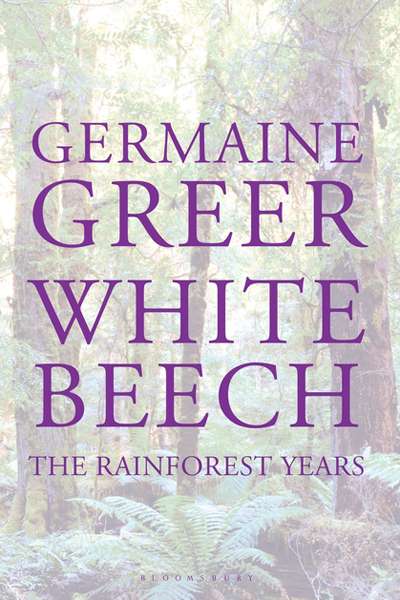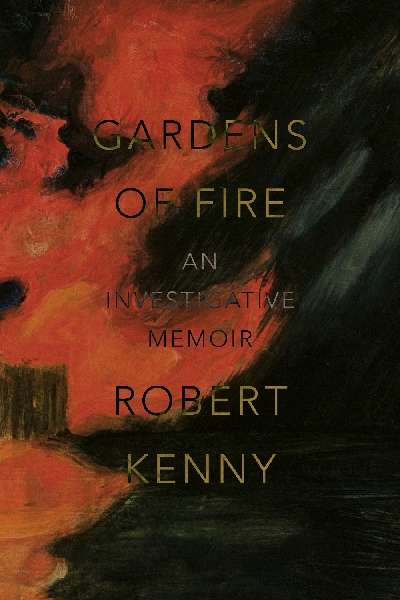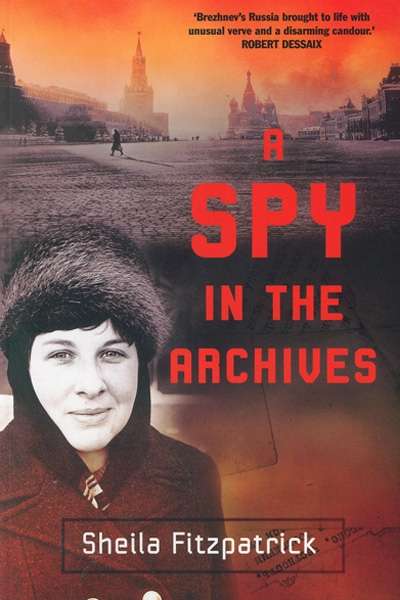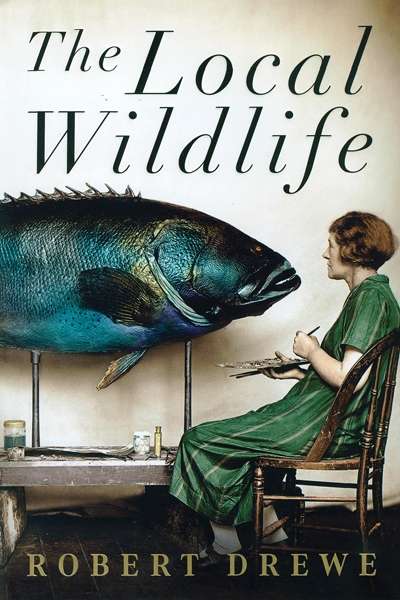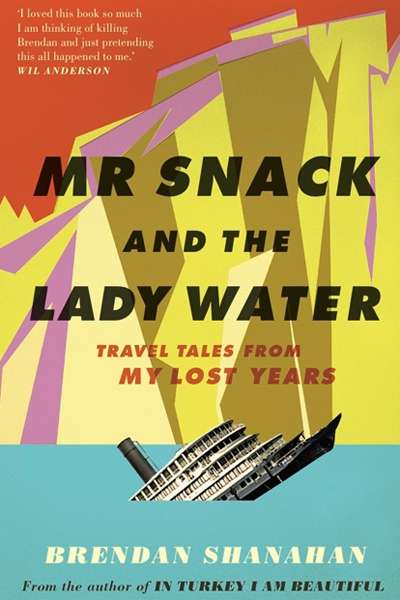Memoir
Last week I received an envelope in the mail, the address written in my father’s hand. My heart accelerated a little and it struck me as unseemly, at my age and in my circumstances, to be still so easily rattled by a parent.
... (read more)One Soufflé at a Time: A Memoir of food and France by Anne Willan
by Gay Bilson •
Gardens of Fire: An Investigative Memoir by Robert Kenny
by Ian Gibbins •
Moving Among Strangers: Randolph Stow and My Family by Gabrielle Carey
by Susan Sheridan •
His Stupid Boyhood: A Memoir by Peter Goldsworthy
by Kári Gíslason •
Mr Snack and the Lady Water: Travel Tales from My Lost Years by Brendan Shanahan
by Alex O'Brien •

